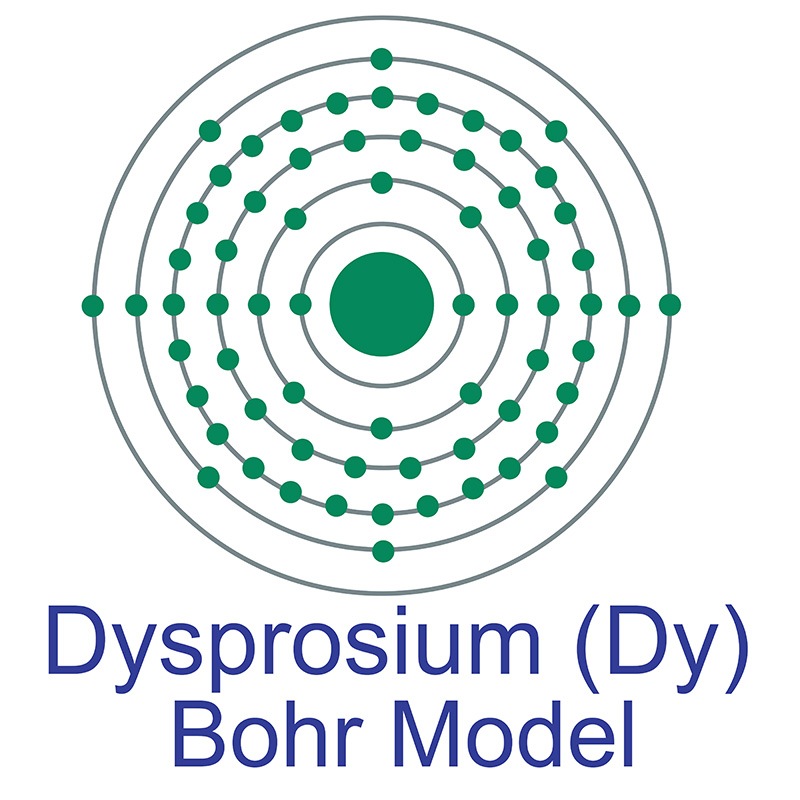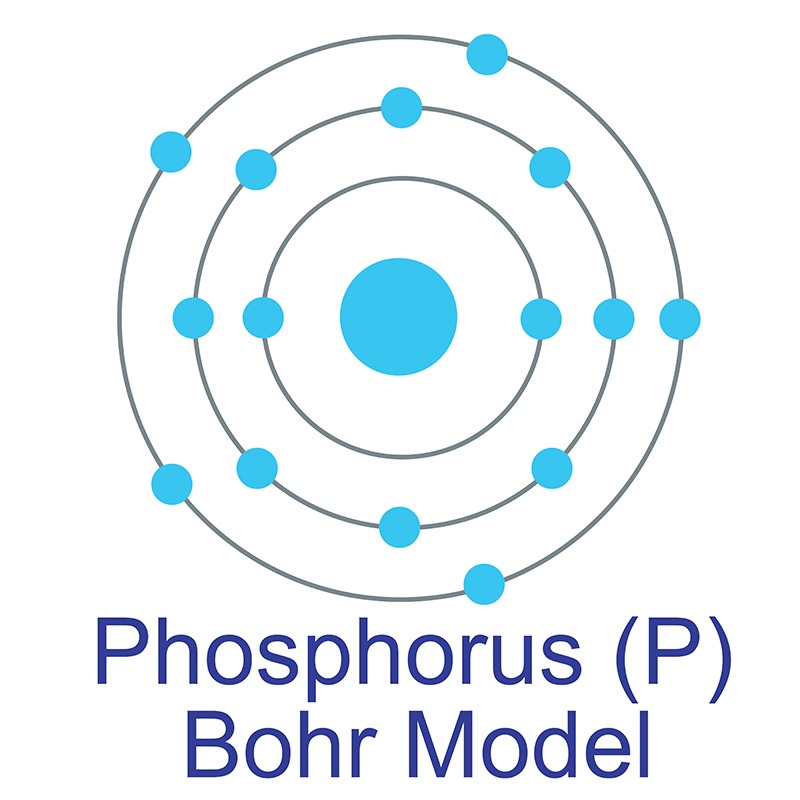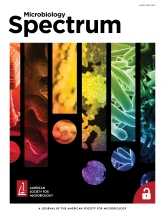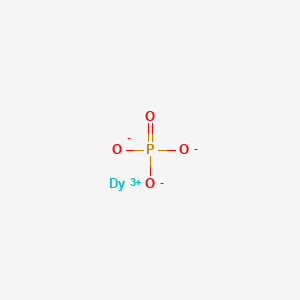See more Dysprosium products. Dysprosium (atomic symbol: Dy, atomic number: 66) is a Block F, Group 3, Period 6 element with an atomic radius of 162.5.  The number of electrons in each of dysprosium's shells is [2, 8, 18, 28, 8, 2] and its electron configuration is [Xe]4f10 6s2. The dysprosium atom has an atomic radius of 178 pm and a Van der Waals radius of 229 pm. Dysprosium was first discovered by Paul Emile Lecoq de Boisbaudran in 1886. In its elemental form, dysprosium has a silvery-white appearance.
The number of electrons in each of dysprosium's shells is [2, 8, 18, 28, 8, 2] and its electron configuration is [Xe]4f10 6s2. The dysprosium atom has an atomic radius of 178 pm and a Van der Waals radius of 229 pm. Dysprosium was first discovered by Paul Emile Lecoq de Boisbaudran in 1886. In its elemental form, dysprosium has a silvery-white appearance.  It is a member of the lanthanide or rare earth series of elements and, along with holmium, has the highest magnetic strength of all other elements on the periodic table, especially at low temperatures. Dysprosium is found in various minerals including bastnäsite, blomstrandine, euxenite, fergusonite, gadolinite, monazite, polycrase and xenotime. It is not found in nature as a free element. The element name originates from the Greek word dysprositos, meaning hard to get at.
It is a member of the lanthanide or rare earth series of elements and, along with holmium, has the highest magnetic strength of all other elements on the periodic table, especially at low temperatures. Dysprosium is found in various minerals including bastnäsite, blomstrandine, euxenite, fergusonite, gadolinite, monazite, polycrase and xenotime. It is not found in nature as a free element. The element name originates from the Greek word dysprositos, meaning hard to get at.
Materials
Materials by Form
2D Materials Alloy & Alloy Forms Pure Metals & Metal FormsCeramic FibersFoams: Metallic & Ceramic High Purity Materials Isotopes MXenesOxides Rare Earths Semiconductors Solutions
Chemicals & Salts
All Chemicals & Salts Acetates Aluminides Ammonium Sulfates Antimonides Arsenates Benzoate Bromates Bromides Carbonates Chlorides Chromates Fluorides Hydrides Hydroxides Iodates Iodides Lactates Molybdates Nitrates Oxalates Oxides Perchlorates Phosphates Selenates Selenides Selenites Silicates Stearates Sulfates Sulfides Sulfites Tantalates Tellurates Tellurides Tellurites ThiocyanatesVanadates
Ceramics
Nanomaterials
Organometallics
Materials by Application
Additive Manufacturing & 3D Printing Battery & Supercapacitor Materials Catalysts Dental Materials Electronics Materials Fuel Cell Materials Fusion EnergyGlass Manufacturing Green Technology & Alternative Energy Hydrogen Storage Laser Crystals Life Sciences & Biomaterials Metallurgy Nanotechnology & Nanomaterials Optical Materials Photovoltaic & Solar Energy Plating Pigments & Coatings Research & Development Space Technology Sputtering Targets Thin Film Deposition Water Treatment Weather Modification
Life Science Chemicals
Life Science Products AlcoholsAldehydesAmidesAminesAmino Acids & DerivativesAromaticsArylsAzetidinesBenzimidazolesBenzisoxazolesBenzodioxansBenzofuransBenzothiazolesBenzothiophenesBenzoxazolesCarboxylic AcidsEnzymes & InhibitorsEstersEthersFluorinated Building BlocksFuransHalidesImidazolesImidazolidinesIndazolesIndolesIndolinesIsoquinolinesIsoxazolesKetonesMorpholinesNaphthyridinesNitrilesOrganoboronOrganosiliconOxadiazolesOxazolesPharmaceuticals & IntermediatesPhenolsPhytochemicalsPiperazinesPiperidinesPyrazinesPyrazolesPyridazinesPyridinesPyrimidinesPyrrolesPyrrolidinesPyrrolinesQuinazolinesQuinolinesQuinoxalinesSpiroesSulfonyl ChloridesTetrahydroisoquinolinesTetrahydropyransTetrahydroquinolinesTetrazolesThiadiazolesThiazolesThiazolidinesThiolsThiophenesTriazinesTriazoles
About Us
Locations
Austria Belgium Brazil Canada China & Hong Kong Czech Republic Denmark Finland France Germany Greece Hungary India Indonesia Israel Italy Japan Malaysia Mexico Netherlands Norway Philippines Poland Portugal Russia Singapore South Korea Spain Sweden Switzerland Taiwan Thailand Turkey United Kingdom United States
Industries
Aerospace Agriculture Automotive Chemical Manufacturing Defense Dentistry Electronics Energy Storage & Batteries Fine Art Materials Fuel CellsFusion Energy Glass Investment Grade Metals Jewelry & Fashion Lasers Lighting Medical Devices Museums & Galleries Nuclear Energy Oil & Gas Optics Paper & Pulp Pharmaceuticals & Cosmetics Research & Laboratory Robotics Solar Energy Space Sports Equipment Steel & Alloy Producers Textiles & Fabrics Water Treatment Municipalities
Follow Us
 See more Phosphorus products.
See more Phosphorus products.
